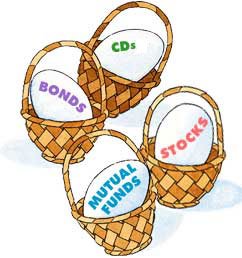Different investors follow different approaches when they deal with portfolio investments. Four basic approaches of investment portfolio management are illustrated below, but there could be numerous variations.
- The Holy-Cow Approach: These investors typically buy but never sell. He treats his scrips like holy cows, which are never to be sold for slaughter. If you can consistently find and then confine yourself to buying only prized bulls, this holy cow approaches may pay well in the long run.
- The Pig-Farmer Approach: The pig-farmer on the other hand, knows that pigs are meant for slaughter. Similarly, an investor adopting this approach buys and sells shares as fast as pigs are growth and slaughtered.
